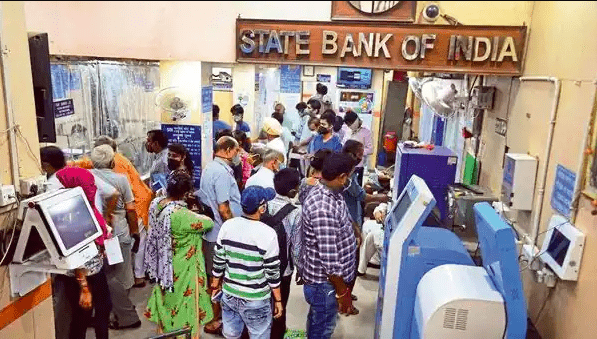Hyper-personalization is the new buzzword in marketing and customer service, and it’s slowly making its way into the world of trade finance. In simple terms, hyper-personalization is about tailoring products and services to the specific needs of each individual customer. In the context of trade finance, this means providing customized solutions that meet the unique requirements of each business involved in a trade transaction.
Indian banks have a great opportunity to take the lead in offering hyper-personalized trade finance services. With a large and diverse domestic market, coupled with a growing international trade footprint, Indian banks are well-positioned to cater to the specific needs of their clients.
Here are 12 hyper-personalized trade finance services that Indian banks can offer:
1. Trade finance products tailored to specific industries: Different industries have different trade finance needs. For example, an agricultural exporter will have different requirements than a pharmaceutical importer. Indian banks can develop specialized trade finance products for key industries in the Indian economy, such as textiles, automobiles, and engineering.
2. Dynamic interest rates based on customer risk profile: Instead of offering a one-size-fits-all interest rate, banks can use data analytics to assess the creditworthiness of each customer and offer them competitive interest rates based on their individual risk profile.
3. Flexible payment terms: Traditional trade finance products often have fixed payment terms. However, businesses may need more flexibility, such as the ability to extend payment deadlines or make early payments. Indian banks can offer customized payment terms to meet the specific needs of their clients.
4. Digital trade finance platforms: Digital platforms can streamline the trade finance process and make it more efficient for businesses. Indian banks can develop their own digital trade finance platforms or partner with existing fintech companies to offer these services to their clients.
5. Supply chain finance solutions: Supply chain finance can help businesses improve their cash flow and working capital management. Indian banks can offer a variety of supply chain finance solutions, such as receivables financing and payables financing, to help their clients optimize their working capital.
6. Trade credit insurance: Trade credit insurance can protect businesses from the risk of non-payment by their trading partners. Indian banks can offer trade credit insurance products to help their clients mitigate this risk.
7. Foreign exchange hedging solutions: Fluctuations in foreign exchange rates can pose a significant risk to businesses involved in international trade. Indian banks can offer foreign exchange hedging solutions to help their clients manage this risk.
8. Compliance advisory services: Trade finance transactions are subject to a complex web of regulations. Indian banks can offer compliance advisory services to help their clients navigate these regulations and ensure that their trade transactions are compliant.
9. Fraud prevention services: Trade finance is an attractive target for fraudsters. Indian banks can offer fraud prevention services to help their clients protect their trade transactions from fraud.
10. Trade finance education and training: Many businesses, especially small and medium-sized enterprises (SMEs), are not aware of the trade finance products and services available to them. Indian banks can offer trade finance education and training programs to help businesses understand how they can benefit from trade finance.
11. Multilingual customer support: With the growing internationalization of trade, Indian banks need to be able to provide customer support in multiple languages. This will help them cater to the needs of their clients from around the world.
12. 24/7 customer support: Trade finance transactions can happen at any time of day or night. Indian banks need to be able to provide 24/7 customer support to their clients, so that they can get the help they need when they need it.
By offering these hyper-personalized trade finance services, Indian banks can gain a competitive edge in the market and attract new clients. They can also help Indian businesses grow and prosper in the global marketplace.
Indian banks are already making some progress in offering hyper-personalized trade finance services. For example, ICICI Bank has launched a digital trade finance platform called TradeXpress, which offers a wide range of trade finance products and services to businesses. HDFC Bank has also developed a number of specialized trade finance products for key industries in the Indian economy.
The future of trade finance is hyper-personalized. Indian banks that are able to embrace this trend will be well-positioned to succeed in the years to come.
I hope this newspaper article is helpful. Please let me know if you have any other questions.















